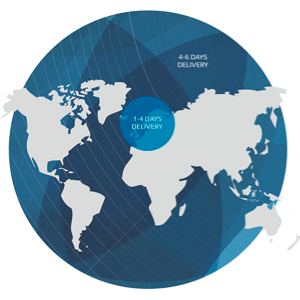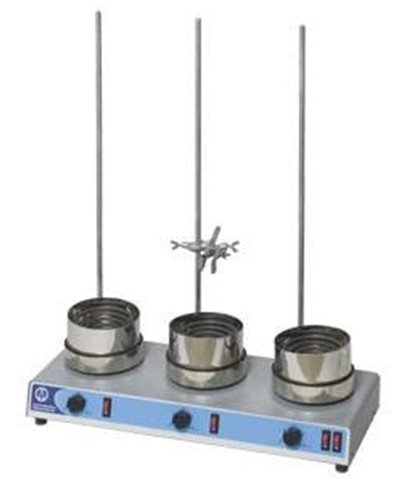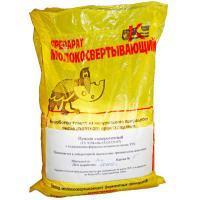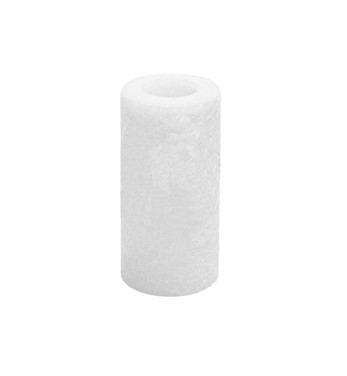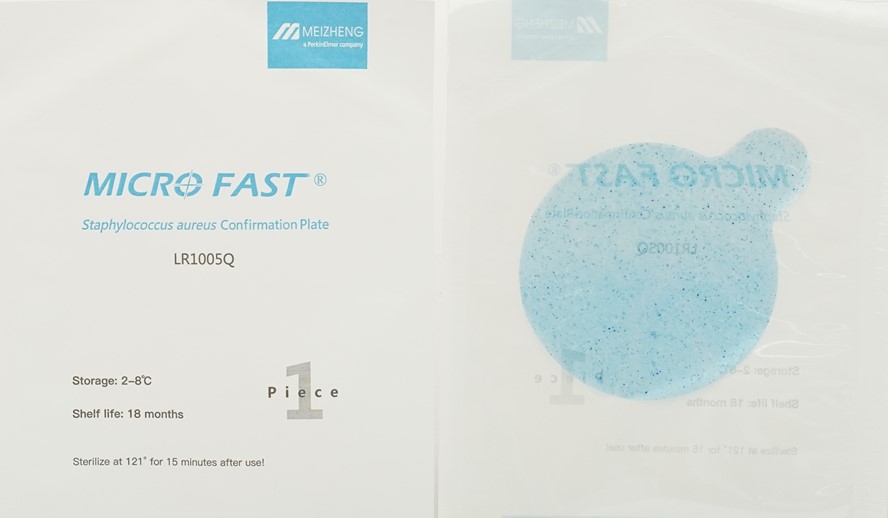Sergey Bluma: Companies offering imported genetics promote new approaches to reproduction
The HEAD of the Continental Group of Companies, Sergey Bluma, said that the introduction of amendments to the law “On Pedigree Livestock Breeding” from September 1, 2022 will lead to the fact that suppliers of VAT on imported bull semen will increase to 20%, which will increase the financial burden on livestock farms that purchase pedigree material. Such measures could also lead to the fact that livestock in RUSSIA will roll back due to the outflow of foreign specialists.
In his commentary, the expert spoke about the difficulties breeding farms in the Russian Federation face, why many raw MILK producers prefer to work with imported bull semen, and what new measures taken by the state can lead to.
- I do not see a problem in the fact that the imported breeding material for animal husbandry - the seed - will lose subsidies. The fact is that in many regions of the Russian Federation there is no state support for traditional seed today, - Sergey Bluma explained. - I manage a livestock farm for 1250 cows in the Vologda Oblast, and we do not receive subsidies. They are not available, for example, in Udmurtia, and in the Nizhny Novgorod region they began to receive it recently and only for sexed semen under the anti-leukemia program. But I see a problem in that if the products are not pedigree, there will be a 20% VAT. This, of course, will increase the costs of livestock farms, which today are already in a difficult situation due to high prices for fuel, fertilizers, and concentrated feed. Their marginality has already been significantly reduced.
According to Sergei Bluma, Russian farms prefer to work with imported seed, as it has a higher genetic potential.
- If you do not prevaricate and look at the cards of the so-called "Russian" bulls, then a significant part of them have already been brought from abroad, - he specified. - But the whole point is that, for the most part, bulls imported by domestic breeding enterprises are far from the top of the genetic pyramid. For a limited budget of 10-15 thousand dollars, you can’t buy these, at world auctions the best animal costs 250-300 thousand dollars.
The expert gave the example of EkoNiva, where they bought the best heifer in Russia for 1 million rubles, that is, almost 15,000 euros, for a genetic program aimed at obtaining only a broodstock.
Sergei Bluma emphasized that Russian livestock farms buy bull semen based on their own economic capabilities and their vision of breeding goals. And it is working with imported genetic companies that gives a great choice for this. Foreign genetic companies offer both economy class semen and TOP-100 super bull semen. The import of such a seed into the Russian Federation is carried out on a large scale, and an example of this is the Krasnodarskoye Uchkhoz.
- It is very important to note that one breeding enterprise for 200 bulls, with the accumulation of 50,000 doses per bull per year, will cover the entire Russian demand, - the expert added. But this diversity is not enough. And the Russian genetic market is small, we cannot EXPORT, because our assessment is still archaic! The world's leading genetic companies, as I said above, have a global sales market and can afford the best bulls, the best service, the best breeding programs, and all this without government subsidies, on the terms of commercial risk.
Sergei Bluma drew attention to another very important point that many people miss. Foreign companies and their distributors have brought modern reproduction technologies to the Russian market. If they disappear from the Russian market, the country will lose not only genetics, but also a whole layer of highly professional specialists who introduce these advanced technologies.
- As a dairy producer, not only genetics is important to me, but also that I have a large number of calves, - summed up the head. - And today we get it through new approaches in the reproduction of animals. And they are promoted by specialists of companies that promote imported genetics. If, however, various indirect protective measures are taken that will actually complicate the import of new genetics into Russia, this will roll back the level of animal husbandry in our country and seriously slow down genetic progress.

